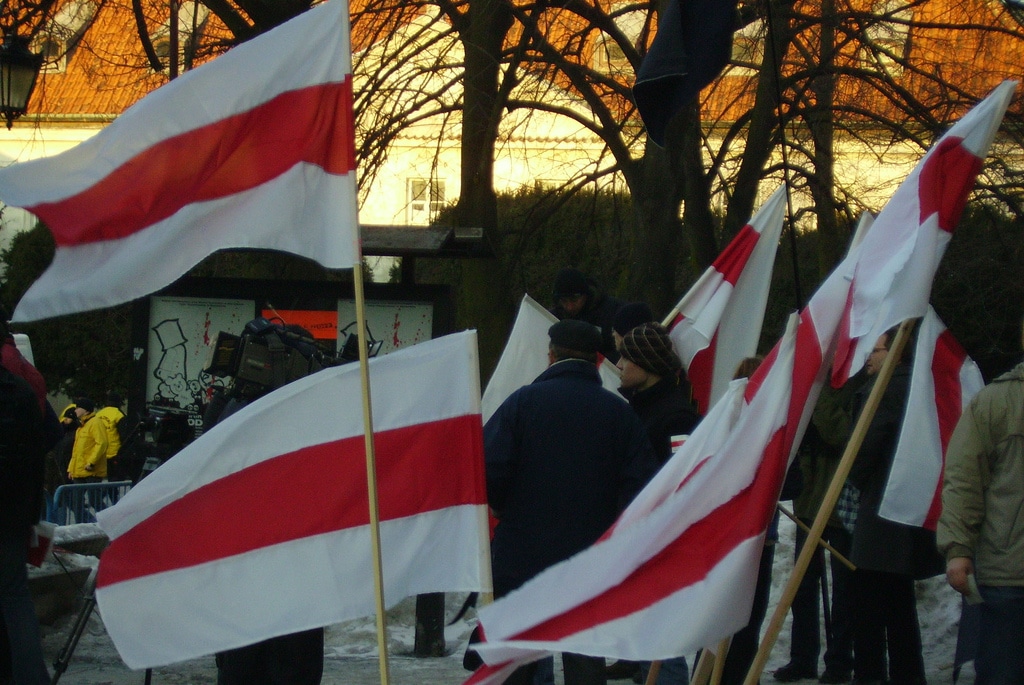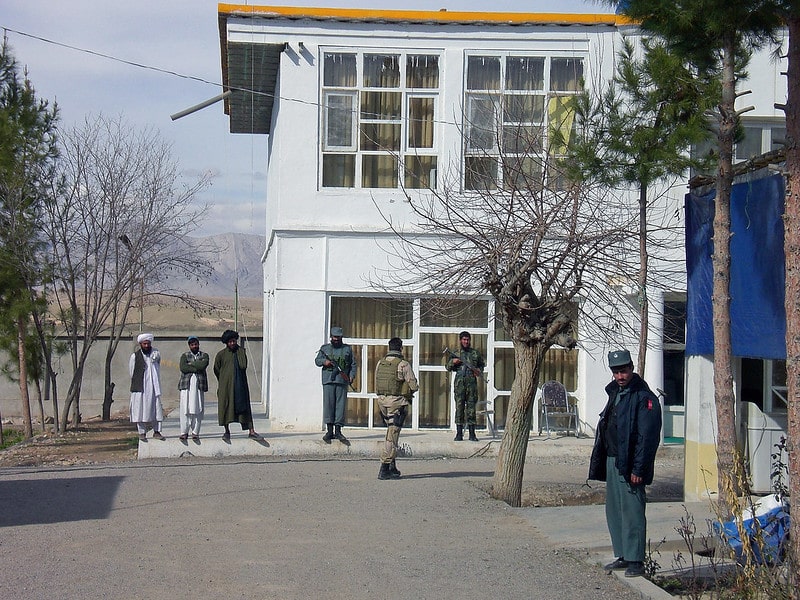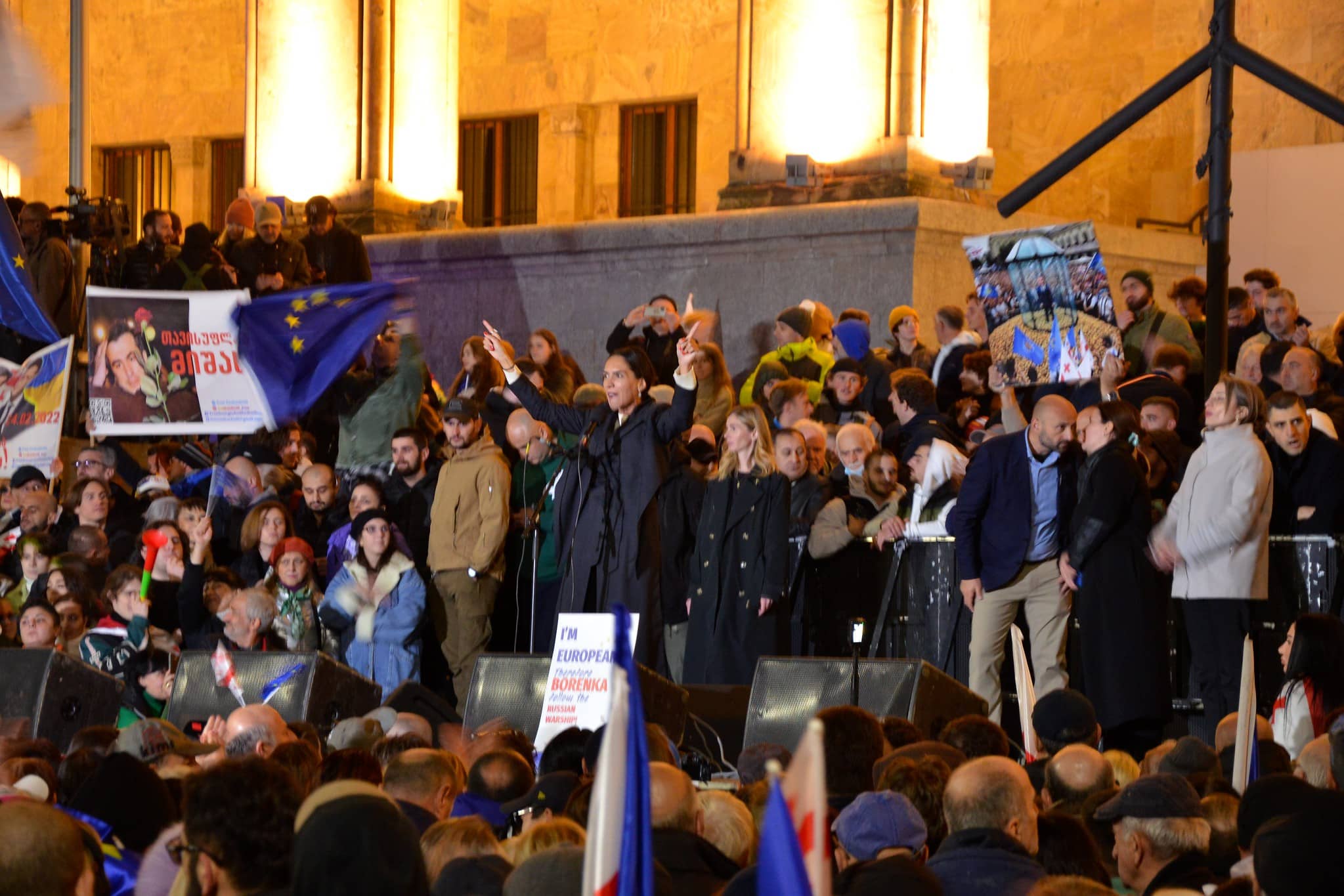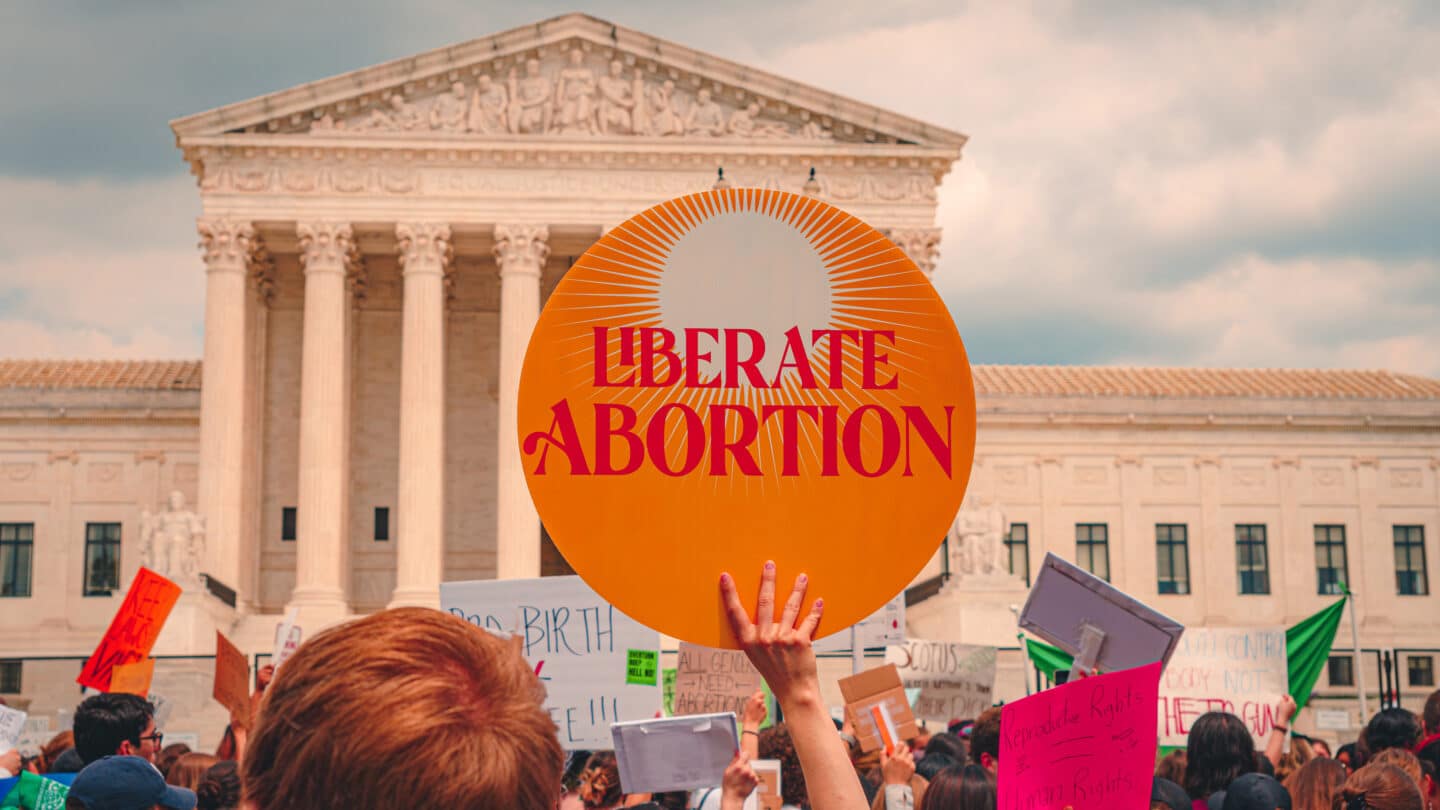Around Minsk's national theatre on Sunday 25 March, everything you saw was red and white. There was no escaping the flags in the colours of the Belarusian People's Republic, which was founded exactly 100 years ago. That was reason for many people to celebrate with a big concert, but not for everyone.
This is because the white-red-white flag is not the flag of today's Belarus and 25 March is not the country's official independence day. President Aljaksandr Lukashenka, who has ruled the country with a hard hand for almost 25 years, prefers to refer to other moments in history. Like the Soviet era, when he ruled a communal farm as kolkhoz boss. Consequently, the current official flag is red and green, like during the Soviet Union, and the regime celebrates Independence Day on 3 July, the day the country was liberated from the Nazis.
Not just a party
Independence Day on 25 March is primarily a celebration of people critical of the current regime. And they want more than a party and music. It is also a day of demonstrations, criticism of the regime and arrests.
Last year, hundreds of people were rounded up and the office of independent human rights organisation Viasna (Spring) was completely cordoned off by police and those present arrested. That year, the independence demonstration was the culmination and end of a series of demonstrations that had been whipped up by discontent since February.
This year is different. In recent months, people did not take to the streets in anger. But it is also different because this year marks the 100th anniversary of the founding of the Belarusian People's Republic. That prompted tens of thousands of people to still take to the streets and celebrate, with the flag not officially the Belarusian one.
However, the tradition of arrests continued, although with less force and violence than last year. Police arrested some well-known activists days beforehand. On the day itself, journalists from a critical news station operating from Poland were arrested before they could reach the events. Dozens of protesters and observers were taken away by the police. From the police vans, many sent selfies, marking their independence day.
Demonstrating has risks
Because all activists know that demonstrating in Belarus is risky. Right now, for example, Dzmitry Paliyenka is in jail for a series of offences he is alleged to have committed, such as ripping off a police jacket when he was violently arrested during a bicycle demonstration in 2016. Amnesty has recognised him as prisoner of conscience and makes himself concerns about the lack of medical care which he receives in prison.
Despite the consequences, people in Belarus continue to take to the streets, demanding their rights and being allowed to celebrate what they want to celebrate. Their courage gives hope, even in a country where the ruler will have been in power for 25 years next year. A new anniversary, which may lead to new demonstrations and, in that case, certainly to new arrests.
By Christie Miedema, volunteer regional officer for Eastern Europe for Amnesty Netherlands





